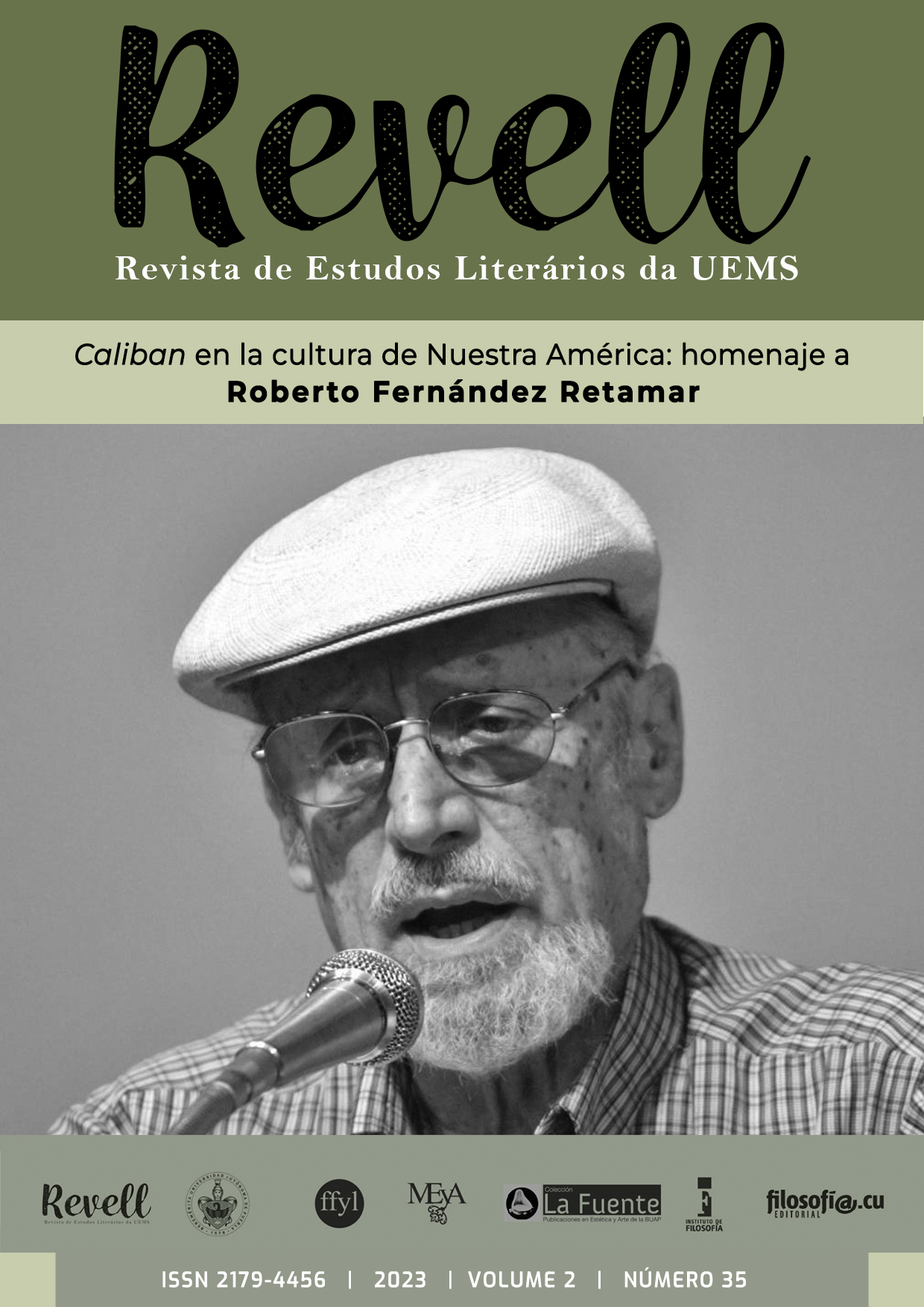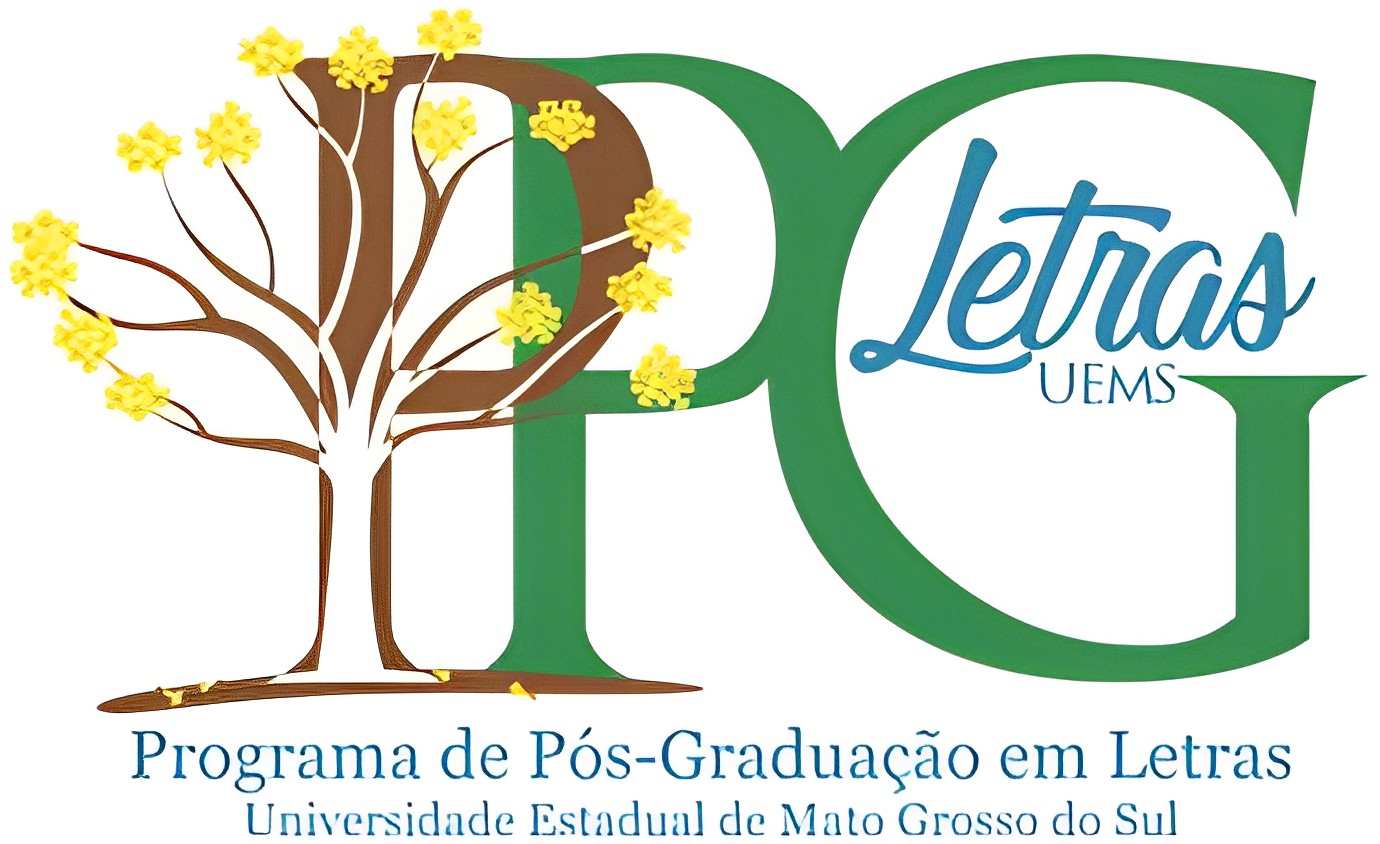The skins of fiction
eroticism, psychoanalysis and language in A confissão de Lúcio
DOI:
https://doi.org/10.61389/revell.v2i35.7317Keywords:
Portuguese literature, Mário de Sá-Carneiro, eroticism, psychoanalysis, griefAbstract
A narrative about a prohibited homosexual desire, at the beginning of the 20th century, in one of the most Catholic countries in Europe, is not only a moral challenge, but a literary one, since this challenge requires a form as revolutionary as the content presented to it. The narrative structure of A Confissão de Lúcio, by Mário de Sá-Carneiro, enables the intersection proposed by this work between eroticism, psychoanalysis and language. We propose the reading that the work creates a personal narrative account that fluctuates, admittedly, between the implausible and the factual, revealing itself as a work of elaboration of the mourning that caused this confession. In this mourning process, literature proposes itself as the erotic ruse that keeps alive the libido that was invested in the objects at the center of the loss, based on the corporal materiality of language itself in its magnificent achievement of being more sensorial than imitative, more theater than instrument (BARTHES, 2013, p. 17). Mainly guided by Georges Bataille, Octavio Paz, Sigmund Freud and Roland Barthes, we will seek to investigate how the form and content of this work manage to represent the desire between the characters, their veils and unveilings, their secrets and confessions.
References
BARTHES, Roland. Aula. Trad. Leyla Perrone-Moisés. São Paulo: Cultrix, 2013.
BARTHES, Roland. Fragmentos de um discurso amoroso. Trad. H. dos Santos. Rio de Janeiro: Francisco Alves, 1981.
BARTHES, Roland. O prazer do texto. Trad. J. Guinsburg. São Paulo: Perspectiva, 2015.
BATAILLE, Georges. As lágrimas de Eros. Trad. Aníbal Fernandes. Lisboa: & Etc, Série K, n° 12, 1984.
BATAILLE, Georges. O erotismo. Trad. Antônio Carlos Viana. Porto Alegre: L&PM, 1987.
BUTLER, Judith. Problemas de gênero: feminismo e subversão da identidade. Trad. Renato Aguiar. Rio de Janeiro: Civilização Brasileira, 2003.
CERDEIRA, Teresa Cristina. A Confissão de Lúcio: um ensaio sobre a voluptuosidade. In: A mão que escreve: ensaios de literatura portuguesa. Rio de Janeiro: Casa da Palavra, 2014.
CERDEIRA, Teresa Cristina. Mário de Sá-Carneiro: “Elementar, meu caro Lúcio!”. In: Formas de Ler. Belo Horizonte: Moinhos, 2020.
FREUD, Sigmund. O inquietante. In: Obras completas, vol. 14. São Paulo: Companhia das Letras, 2010.
FREUD, Sigmund. Luto e Melancolia. Trad. Marilene Carone. São Paulo: Cosac Naify, 2013.
GOMES, Rafael Santana. Lições do Esfinge Gorda. 2014. 315 f. Tese (Doutorado em Letras Vernáculas). Faculdade de Letras da UFRJ. Rio de Janeiro, 2014.
PAZ, Octavio. A dupla chama. Trad. Wladir Dupont. São Paulo: Siciliano, 1994.
PERRONE-MOISÉS, Leyla. A criação do texto literário. In: Flores da escrivaninha. São Paulo: Companhia das Letras, 2006.
SÁ-CARNEIRO, Mário de. Mário de Sá-Carneiro: Antologia. Org. Cleonice Berardinelli. Rio de Janeiro: Edições de Janeiro, 2015.
Downloads
Published
How to Cite
Issue
Section
License
Copyright (c) 2023 REVELL - UEMS JOURNAL OF LITERARY STUDIES

This work is licensed under a Creative Commons Attribution 4.0 International License.
DECLARAÇÃO DE ORIGINALIDADE E EXCLUSIVIDADE E CESSÃO DE DIREITOS AUTORAIS
Declaro que o presente artigo é original e não foi submetido à publicação em qualquer outro periódico nacional ou internacional, quer seja em parte ou na íntegra. Declaro, ainda, que após publicado pela REVELL, ele jamais será submetido a outro periódico. Também tenho ciência que a submissão dos originais à REVELL - Revista de Estudos Literários da UEMS implica transferência dos direitos autorais da publicação digital. A não observância desse compromisso submeterá o infrator a sanções e penas previstas na Lei de Proteção de Direitos Autorais (nº 9610, de 19/02/98).



















